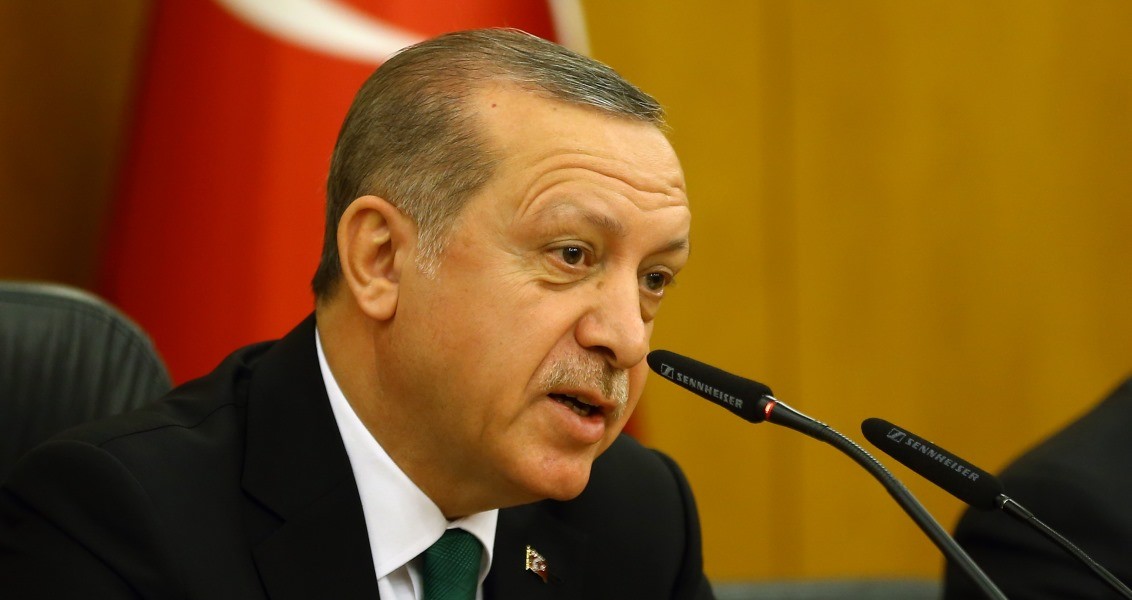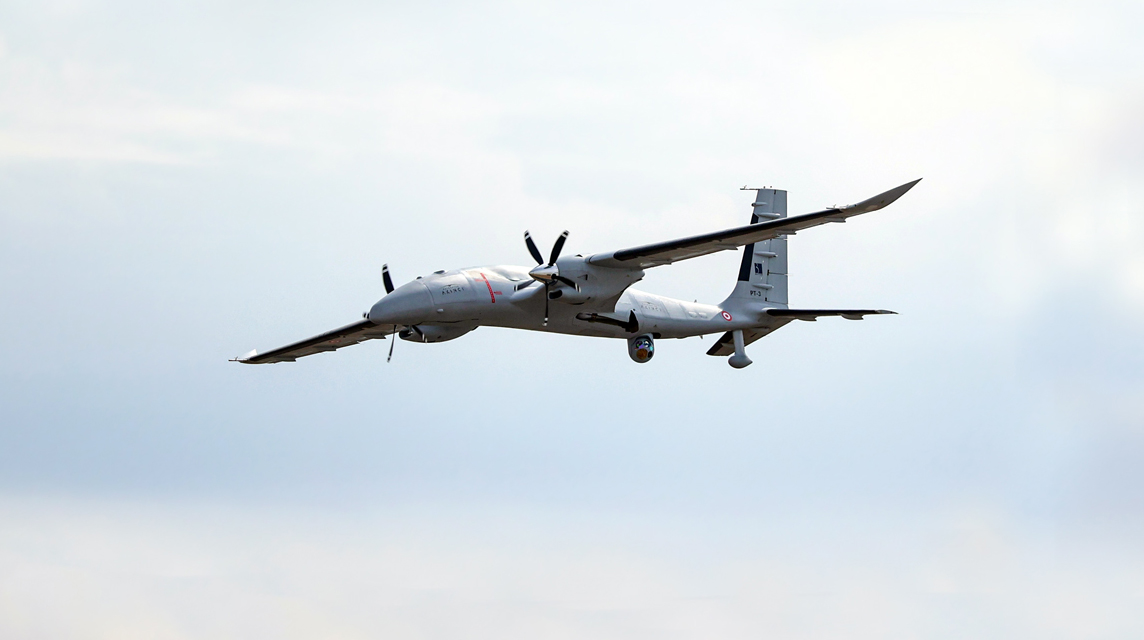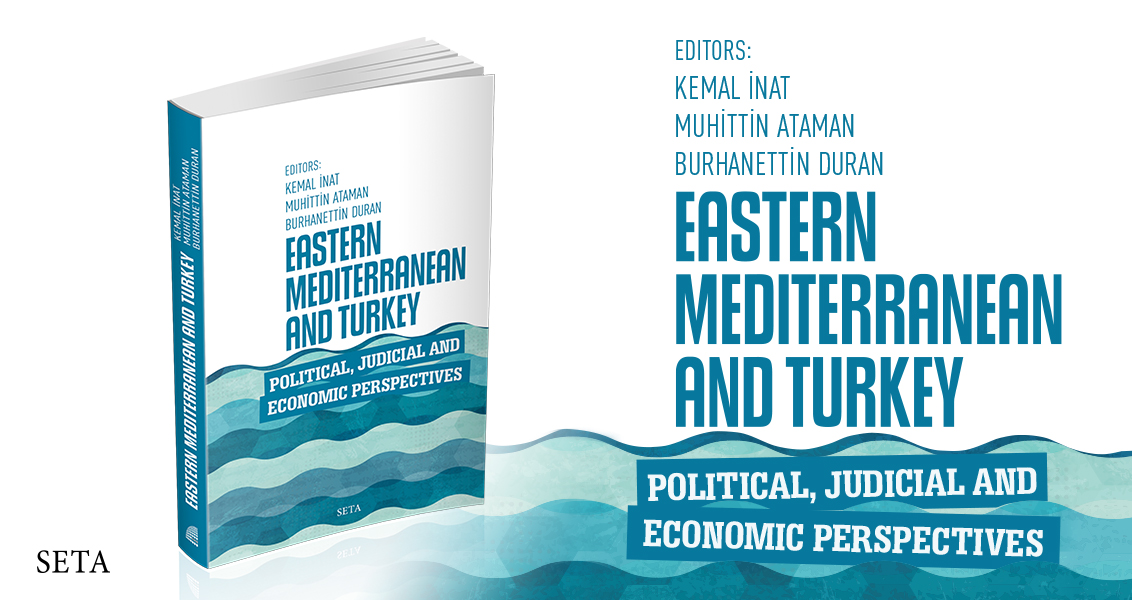
Systemic Transition Requires Economic Stability
Expected debates concerning the modalities of presidentialism seen as appropriate for Turkey's conditions must be advanced with always one careful eye on the health of economic parameters
Share
Periods of systemic transition in the political structure of any national fabric generate sensitive phases during which the robustness of social and economic dynamics acquires added importance. This happens especially in developing countries striving to pursue comprehensive institutional reforms aimed at democratic consolidation, prudent macroeconomic governance and effective public administration. Turkey is currently going through a period of imminent systemic transition indicated by the recent resignation of the Prime Minister Ahmet Davutoğlu as a result of prolonged disagreements concerning the use of executive powers with President Recep Tayyip Erdoğan. The inherent anomalies of the current semi-parliamentary system created political deadlock whereby a politically strong and popularly elected president with relatively limited executive powers could not possibly coordinate policy with a popularly elected prime minister who legally controls critical agencies in economy, national security and foreign policy. Both the political capital and charisma of Erdoğan and the administrative rationality of the policy formulation process require an urgent clarification of executive hierarchy so critical reforms can be realized swiftly. Otherwise, executive dualism, which crystallized over the course of recent months, might easily undermine Turkey's reformist pro-activism.
As the local and international public eagerly await the unveiling of the Justice and Development Party's (AK Party) consensus candidate to lead the party and the government after the emergency convention on May 22, the real issue centers on the smooth management of a transition of the governmental system. Particularly important in this regard is the preservation of economic stability and maintenance of momentum in growth while striving to materialize a transition to a full or semi-presidential system. Despite its crucial developmental advances over the course of the decade and a half, Turkey is still classified a developing country trying to overcome the middle-income trap by attracting long-term direct investments and upgrading its industrial-technological profile. Moreover, the endemic problems of the current account deficit and low national savings render the regular inflow of portfolio investments vital for the sustainability of an impetus for growth in the long term. At a time when Japan, the EU and the majority of emerging economies are struggling to overcome the repercussions of global volatilities, there is ample room for speculative attacks on national markets that are somehow perceived as structurally fragile.
One such speculative move was observed in Turkey during the two critical days at the beginning of May during which Davutoğlu announced that he will resign and declared the confirmed date for the emergency convention an which the new party chairman will be chosen and assume the post of prime minister. As a result of the aggravated risk perceptions and manipulative sales by international actors the Turkish lira lost almost 5 percent of its total value vis-a-vis the dollar, with the exchange rate rising from TL 2.78 per dollar to TL 2.98 per dollar in 48 hours. Although some of the losses were recovered after the declaration of the date of the convention, substantial volatility of the exchange rate paved the way for astronomic seigniorage gains. Despite the robust nature of Turkey's financial and banking regulation architecture, this episode might be considered an early warning sign that reminds us the key link between political stability, risk perceptions in the markets and potential implications for long-term growth.
Therefore, expected debates concerning the modalities of presidentialism seen as appropriate for Turkey's conditions must be advanced with always one careful eye on the health of economic parameters. The AK Party and the government could be advised to finalize and specify their suggested system proposal in the shortest time possible to ensure a smooth and timely transition rather than prolonged, heated debates and uncertainty. Public diplomacy and communication with investors are also critical to govern domestic and international perceptions regarding the future prospects of the country. At the end of the day, a successful transition to a presidential system will be only meaningful if it can be finalized without any fundamental disruption in the country's socio-economic prowess created over the last decade and a half. Therefore, the formula must be political change with economic stability.
[Daily Sabah, May 14, 2016]
Tags »
Related Articles







